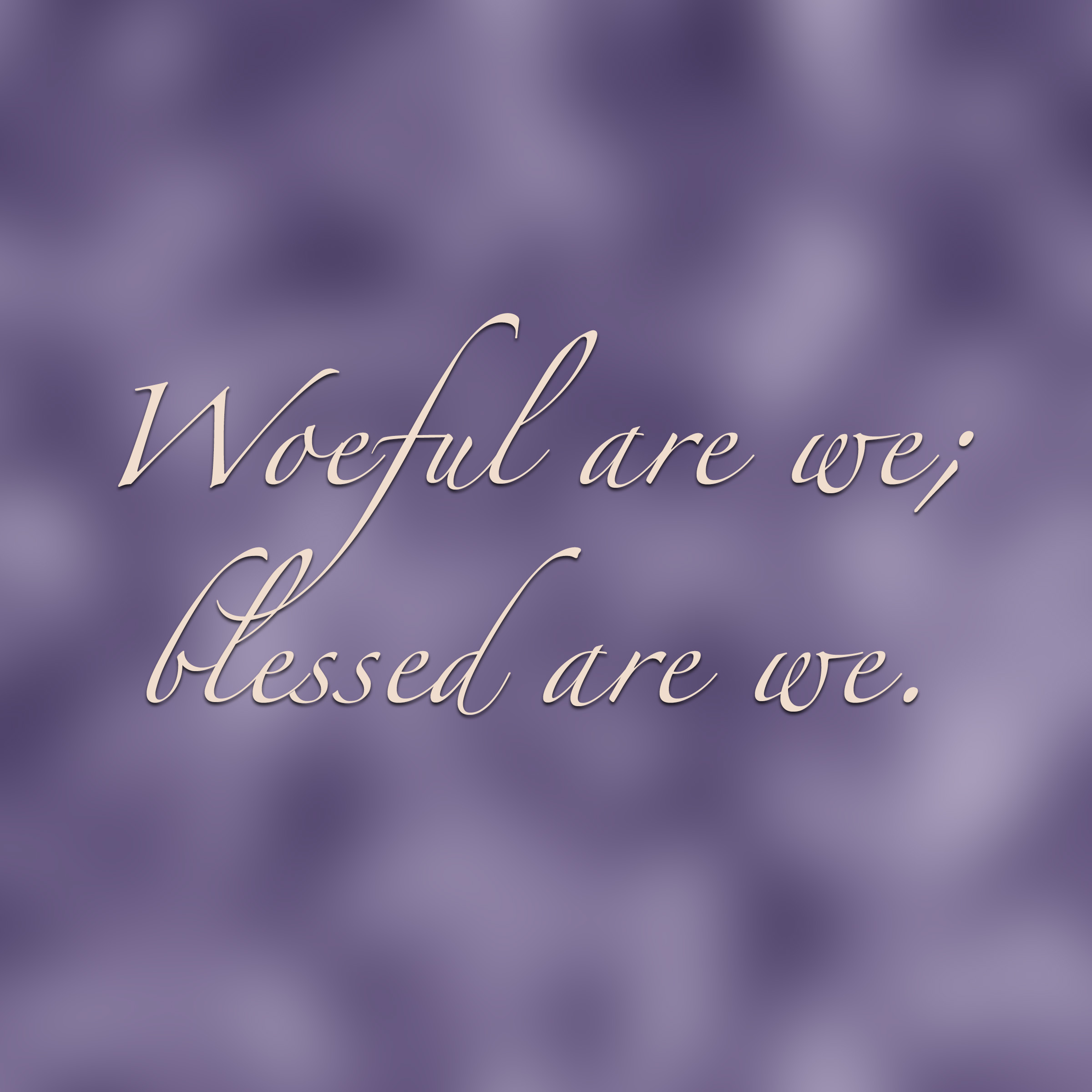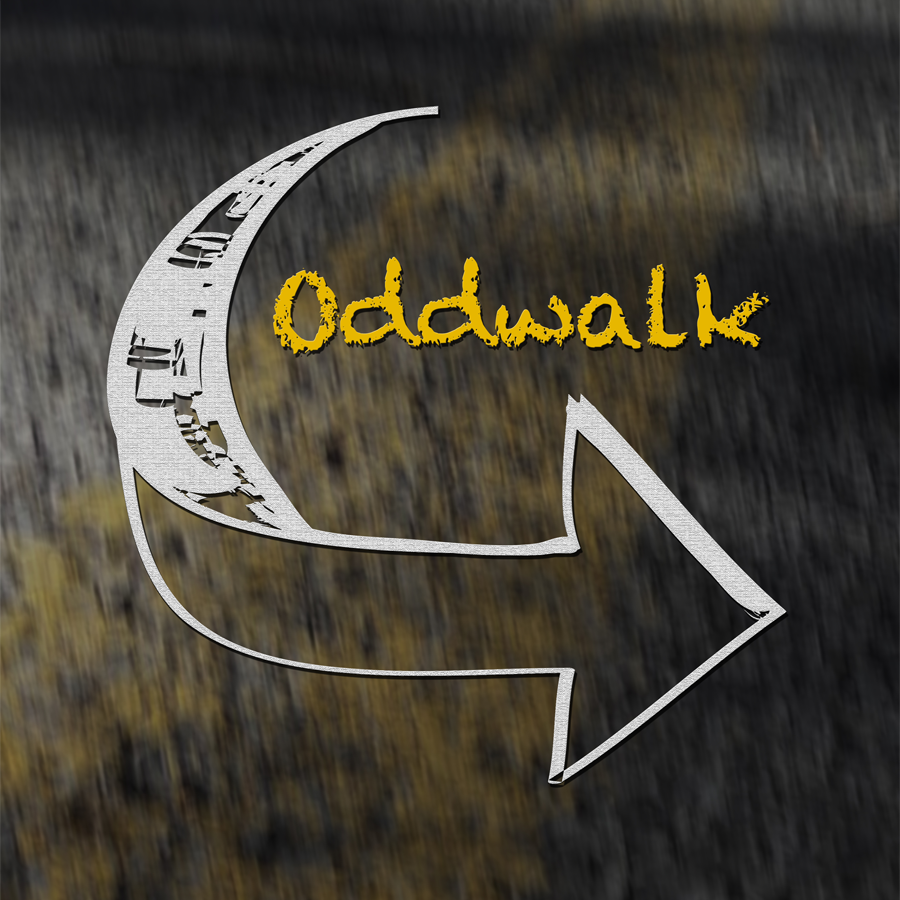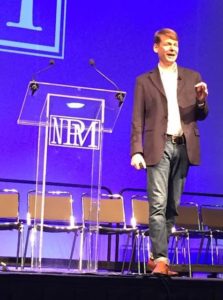 Woeful are we;
Woeful are we;
blessed are we.
Woeful are we who value power over relationship;
blessed are we who recognize and value the dignity of the human person.
Woeful are we who strive for human successes in human ways;
blessed are we whose only glory is in the cross.
Woeful are we who project our own angers and insecurities;
blessed are we who are working to remove the plank in our own eyes.
Woeful are we who speak of others as “they” and them;”
blessed are we who speak only of “us.”
Woeful are we who assert without facts;
blessed are we who research, then post.
Woeful are we who rely solely on facts;
blessed are we who faith is founded on belief.
Woeful are we who declare that truth isn’t truth;
blessed are we who know the way, truth, and life.
Woeful are we who distort the truth for dishonorable ends;
blessed are we who recognize even truth sometimes has subtle nuances.
Woeful are we who declare the world is black and white;
blessed are those who realize this is not always so.
Woeful are we with only simple solutions to complex problems;
blessed are we who realize “love” is often far more complicated than it sounds.
Woeful are we;
blessed are we.
Orin Johnson, ©2018

